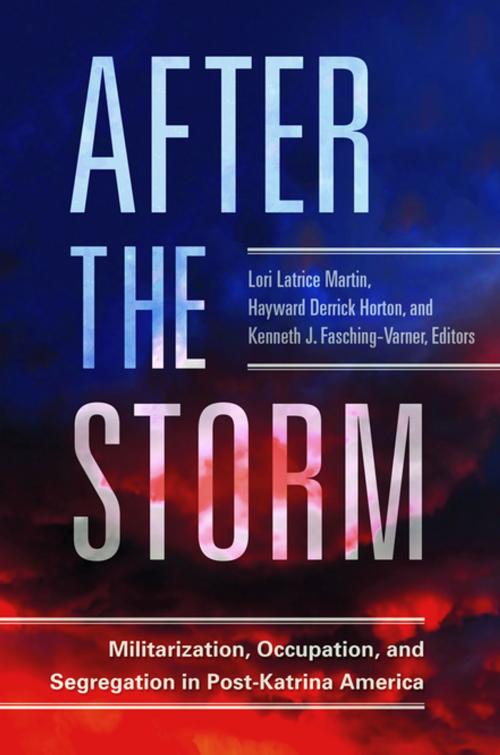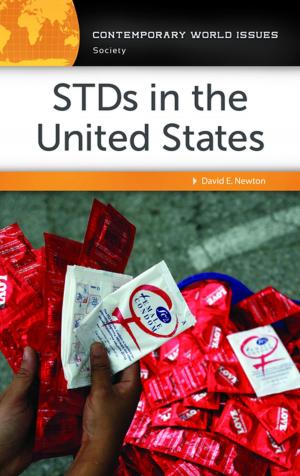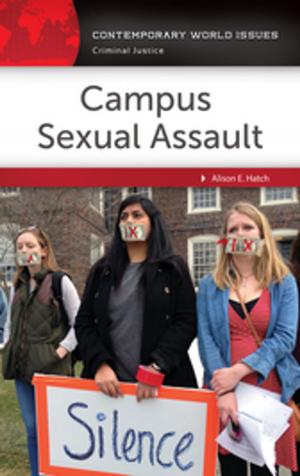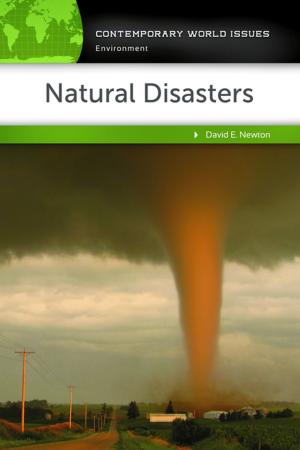After the Storm: Militarization, Occupation, and Segregation in Post-Katrina America
Militarization, Occupation, and Segregation in Post-Katrina America
Nonfiction, Social & Cultural Studies, Political Science, Politics, Social Services & Welfare, Social Science, Discrimination & Race Relations| Author: | ISBN: | 9781440851650 | |
| Publisher: | ABC-CLIO | Publication: | June 20, 2016 |
| Imprint: | Praeger | Language: | English |
| Author: | |
| ISBN: | 9781440851650 |
| Publisher: | ABC-CLIO |
| Publication: | June 20, 2016 |
| Imprint: | Praeger |
| Language: | English |
More than a decade ago, Hurricane Katrina served to expose a well-engineered system of oppression, one which continues to privilege some groups and disadvantage others. In the wake of the natural disaster that hit New Orleans, it became clear that institutions such as residential segregation, mass incarceration and unemployment, police brutality, political disenfranchisement, racial profiling, gentrification, community occupation, discrimination, and a prison-to-school pipeline are expressly intended to work against people of color and individuals from economically disadvantaged backgrounds. Unfortunately, very little has improved in the lives of people living in majority-minority communities since Katrina.
After the Storm uses Hurricane Katrina and the aftermath of the natural disaster as a point of departure for understanding enduring racial divides in asset ownership, academic achievement, educational attainment, and mass incarceration in New Orleans and beyond. The book explores the many specific aspects of the widespread problem and considers how to move toward achieving a state where all can thrive. Readers will better appreciate the key roles of race, inequality, education, occupation, and militarization in understanding the failures in the responses to this disaster and grasp how institutionalized inequity continues to plague our nation.
More than a decade ago, Hurricane Katrina served to expose a well-engineered system of oppression, one which continues to privilege some groups and disadvantage others. In the wake of the natural disaster that hit New Orleans, it became clear that institutions such as residential segregation, mass incarceration and unemployment, police brutality, political disenfranchisement, racial profiling, gentrification, community occupation, discrimination, and a prison-to-school pipeline are expressly intended to work against people of color and individuals from economically disadvantaged backgrounds. Unfortunately, very little has improved in the lives of people living in majority-minority communities since Katrina.
After the Storm uses Hurricane Katrina and the aftermath of the natural disaster as a point of departure for understanding enduring racial divides in asset ownership, academic achievement, educational attainment, and mass incarceration in New Orleans and beyond. The book explores the many specific aspects of the widespread problem and considers how to move toward achieving a state where all can thrive. Readers will better appreciate the key roles of race, inequality, education, occupation, and militarization in understanding the failures in the responses to this disaster and grasp how institutionalized inequity continues to plague our nation.




![Cover of the book The Economics of Inequality, Poverty, and Discrimination in the 21st Century [2 volumes] by](https://www.kuoky.com/images/2013/march/300x300/9780313396922-VwME_300x.jpg)

![Cover of the book Chronology of the U.S. Presidency [4 volumes] by](https://www.kuoky.com/images/2012/march/300x300/9781598846461-wrpJ_300x.jpg)
![Cover of the book Encyclopedia of Public Health: Principles, People, and Programs [2 volumes] by](https://www.kuoky.com/images/2018/june/300x300/9781610699839-68Pz_300x.jpg)
![Cover of the book America Goes Green: An Encyclopedia of Eco-Friendly Culture in the United States [3 volumes] by](https://www.kuoky.com/images/2012/november/300x300/9781598846584-6h8b_300x.jpg)
![Cover of the book Child Abuse and Neglect Worldwide [3 volumes] by](https://www.kuoky.com/images/2014/march/300x300/9781440800917-pmXm_300x.jpg)




![Cover of the book American Civil War: A State-by-State Encyclopedia [2 volumes] by](https://www.kuoky.com/images/2015/march/300x300/9781598845297-G5C2_300x.jpg)
